It is undisputed that the use of artificial intelligence is changing society, especially the world of work. However, there is great uncertainty about the “how.” Is its use more of an opportunity or more of a threat? On the one hand, there are expectations of greater efficiency, dynamism, and new business models. On the other hand, there are fears associated with these opportunities – for the economy as well as for society. Will AI become a job killer? Will AI even become uncontrollable due to its lack of traceability? A suitable framework for dealing with AI technologies is essential.
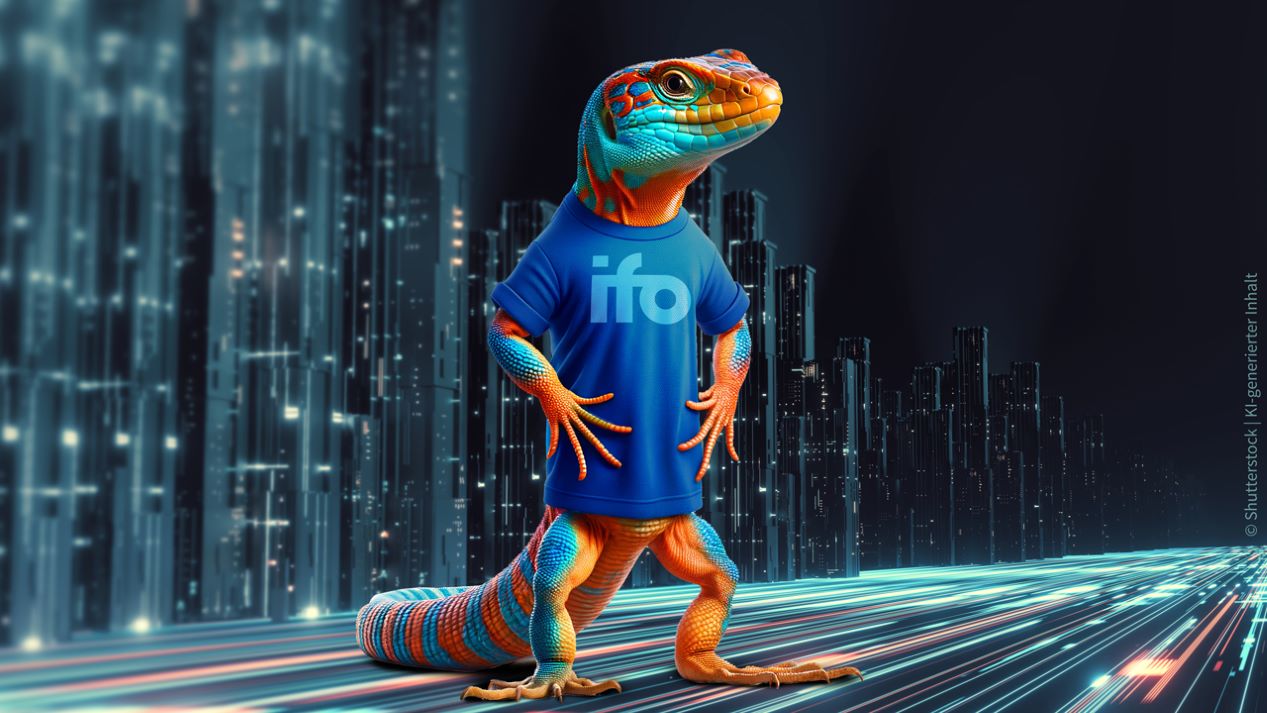
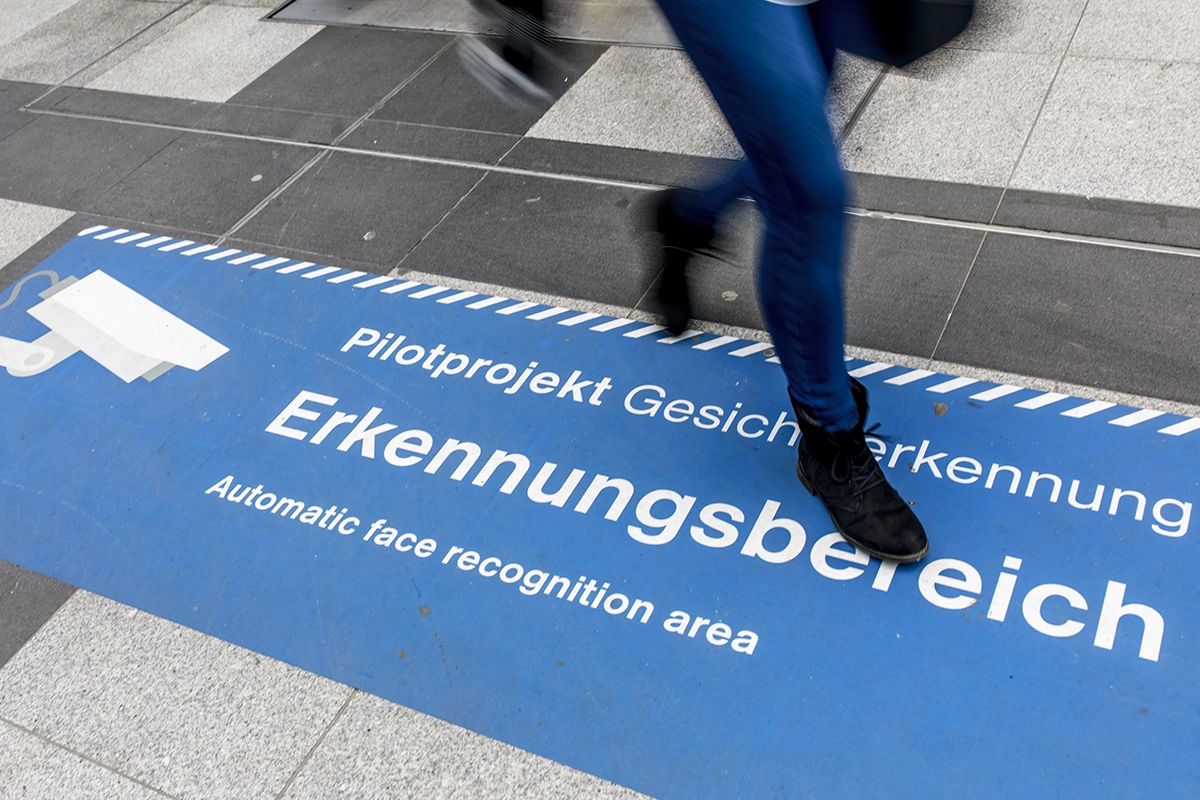
AI, Cloud Computing, and Blockchain – Where Does the German Economy Stand?
Digital technologies are not only changing the efficiency and flow of production processes. They are also having a profound, disruptive impact on our economy in a process often called “digital transformation.” This digital transformation refers to the integration of digital technologies into economic workflows, as well as their impact on living conditions and society as a whole.
The numerous new technologies that have seen considerable progress and widespread acceptance in recent years include digital platforms, the Internet of Things (IoT), robotics, cloud computing, blockchain, and, last but not least, artificial intelligence.
Their wide-ranging application and far-reaching dissemination are giving rise to innovative products, services, and business models that are used in a variety of industries, from logistics and energy to agriculture, trade, telecommunications, financial services, manufacturing, and healthcare. They even have the potential to change people’s lives and society in the long term.
All three technologies have the capacity to significantly change existing business models and the way in which knowledge, products, and services are created and exchanged.
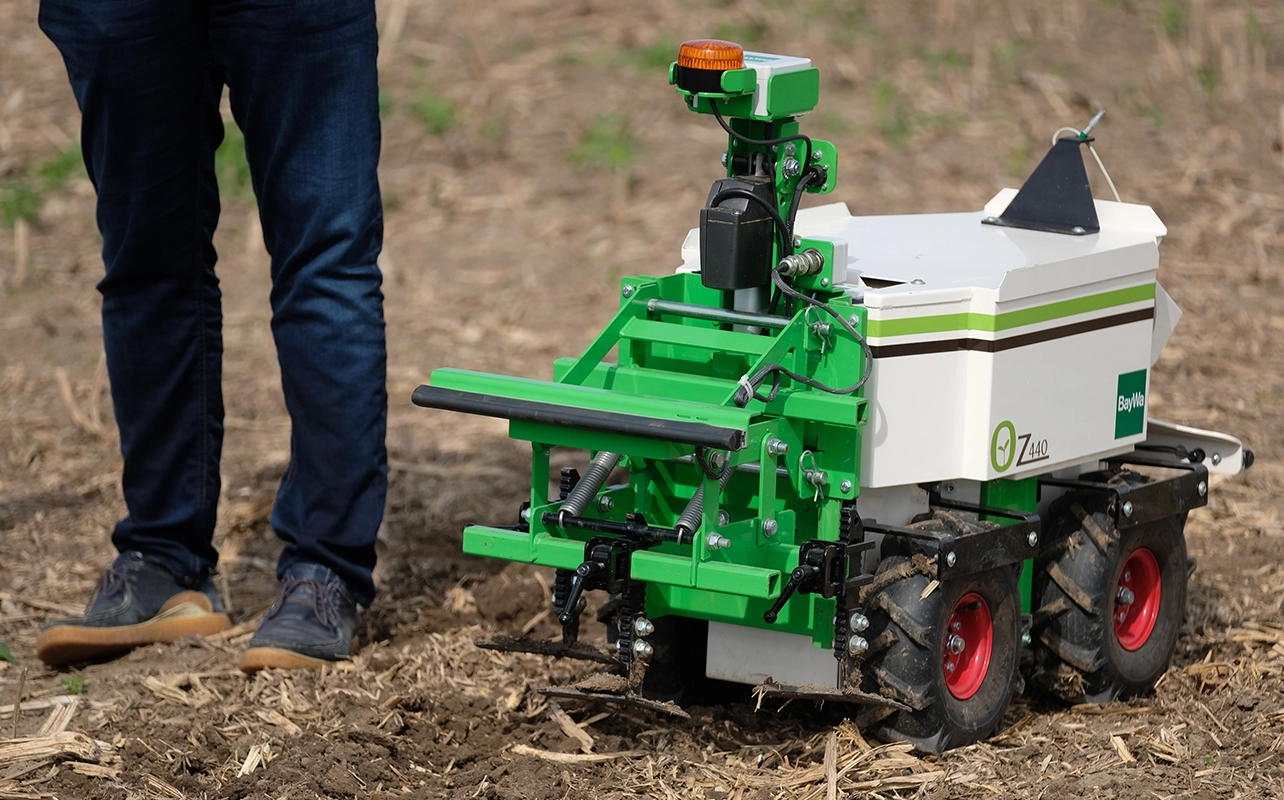
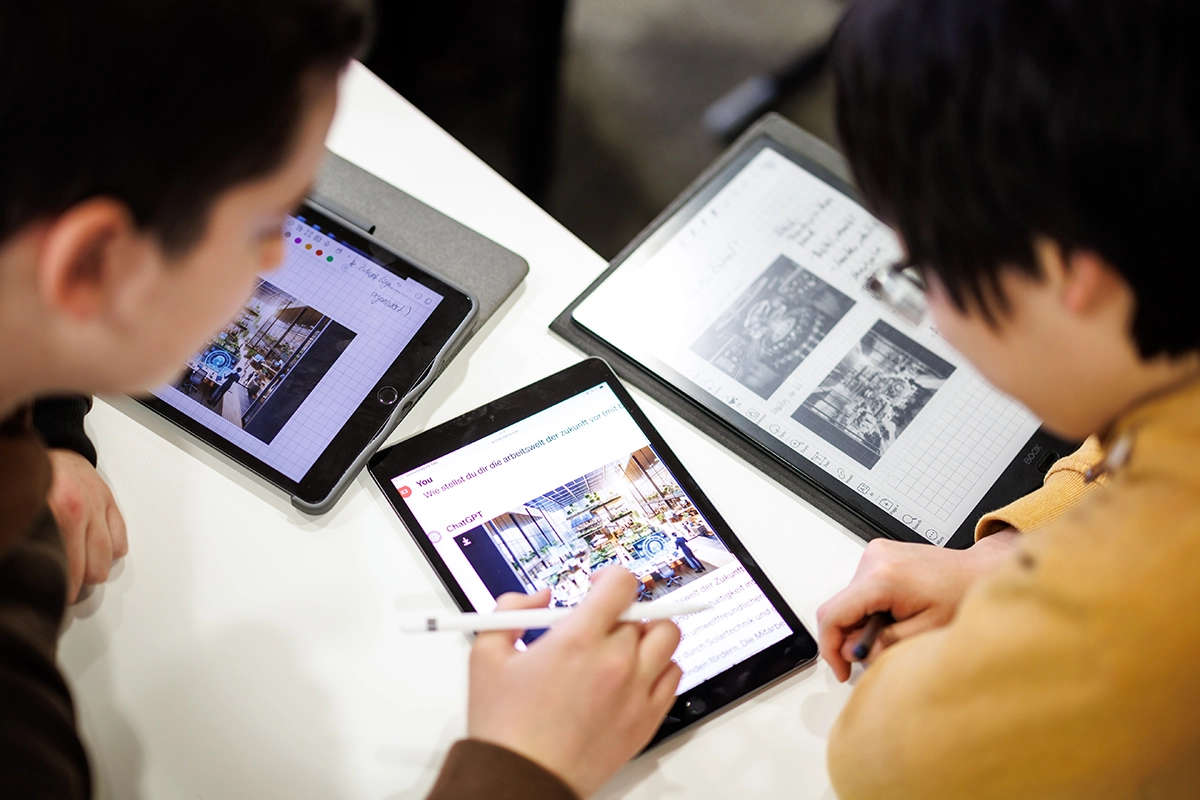
ChatGPT Brings AI to the Center of Society
AI-based systems use techniques such as machine learning and deep learning to automate complex tasks such as pattern recognition, language processing, trend analysis, and decision-making with the help of large amounts of data. Increased computing power, the availability of large amounts of data, and new algorithms have led to the rapid development of AI technology and enabled its broad application across all economic sectors. Most recently, the spread of chatbot applications, such as OpenAI’s ChatGPT, has brought AI to the forefront of public interest.
AI in Companies: HR Managers Have Concerns about Its Use
Fully 86 percent of German HR managers have concerns about the use of artificial intelligence (AI) in their company. This is according to the latest Randstad-ifo Personnel Manager Survey. The most common reason given by HR managers was a lack of expertise (62 percent). Legal aspects are an issue for 48 percent. A lack of trust in AI was cited by 34 percent. For one-quarter of HR managers, a lack of acceptance is an obstacle to the use of AI. For 22 percent, no added value is evident from AI. The high cost of AI is viewed critically by 19 percent, high costs by 18 percent.
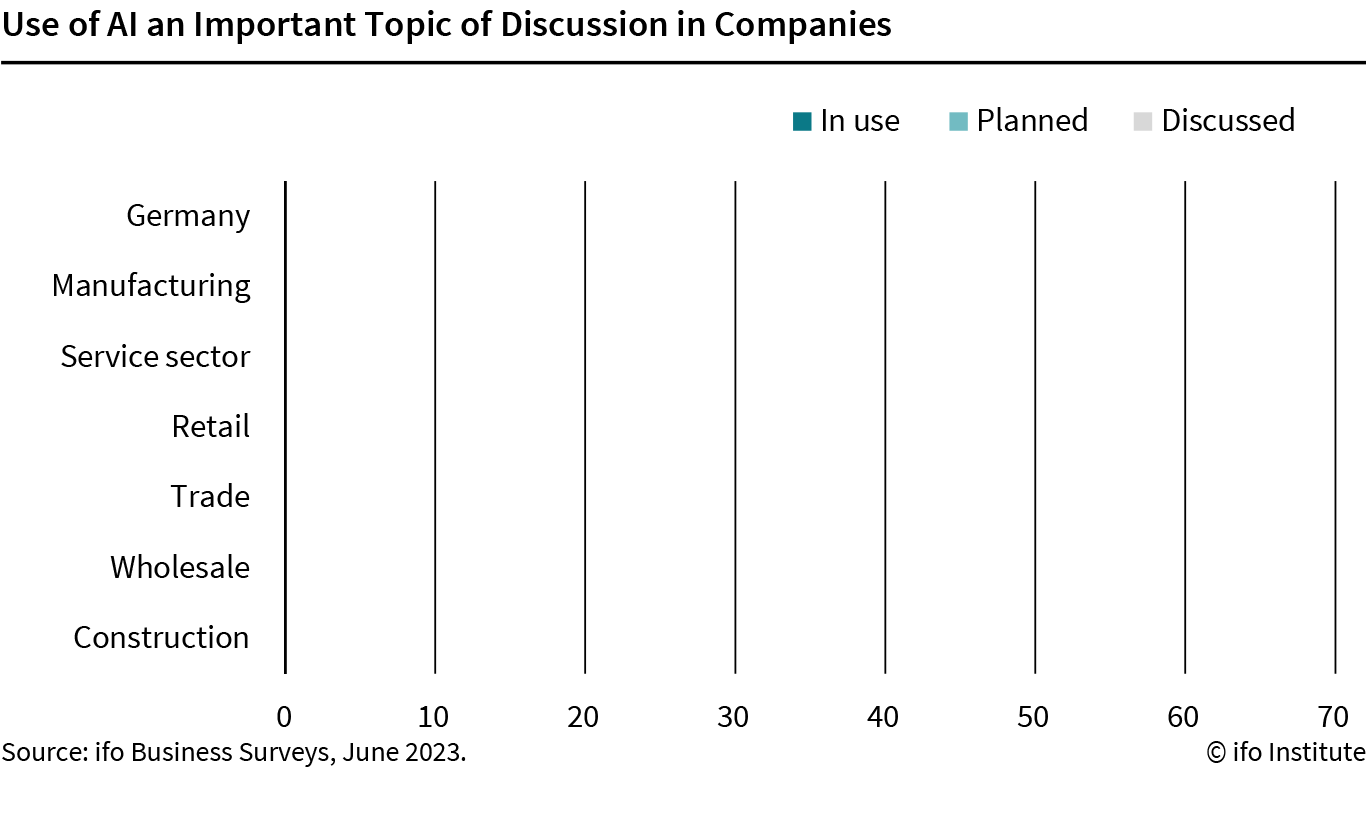

AI Takes Center Stage at the Munich Economic Debates (MED) 2024
At the Munich Economic Debates (MED), we continuously explore the profound impact and burgeoning potential of artificial intelligence (AI) across various sectors. Throughout the year, we bring together leading experts from academia, industry, and society to delve into the vast opportunities and challenges presented by this transformative technology. To stay updated on event schedules and access livestreams, visit our ifo website. We invite you to join the conversation and help shape the dialogue about AI’s role in shaping our future.